THIS week marks the birth anniversary of legendary Indian movie director Mrinal Sen.
The pioneering filmmaker, born on May 14, 1923, received global acclaim for his work during an incredible creative journey that left a lasting impact. The Bengali maestro won government honours, an incredible 18 National Awards, international accolades, and Indian cinema’s highest prize, the Dadasaheb Phalke award before he passed away in 2018, aged 95. He left behind a remarkable body of work that entertained and inspired different generations.
Eastern Eye decided to mark his birth anniversary by creating a list of his top 10 award-winning films.
Punascha (1961): After making a name for himself with artistic low budget features, Mrinal Sen came to prominence with Punascha when he won a National Award for Best Feature Film in Bengali. Like his previous film Baishey Shravana (1960), the powerful drama looks at the impact of outside factors, patriarchy, and societal pressures on a marriage. Unfortunately, no official prints of this film remain.
Chorus (1974): The Bengali language drama is an exploration of wider society, within the framework of a small business, and cleverly blends neo-realism with a fairy tale like framing. There are many creative touches within the film, which sends out a powerful social message. It would win multiple honours that included a National Award for Best Film and a Silver Medal at the Moscow Film Festival.
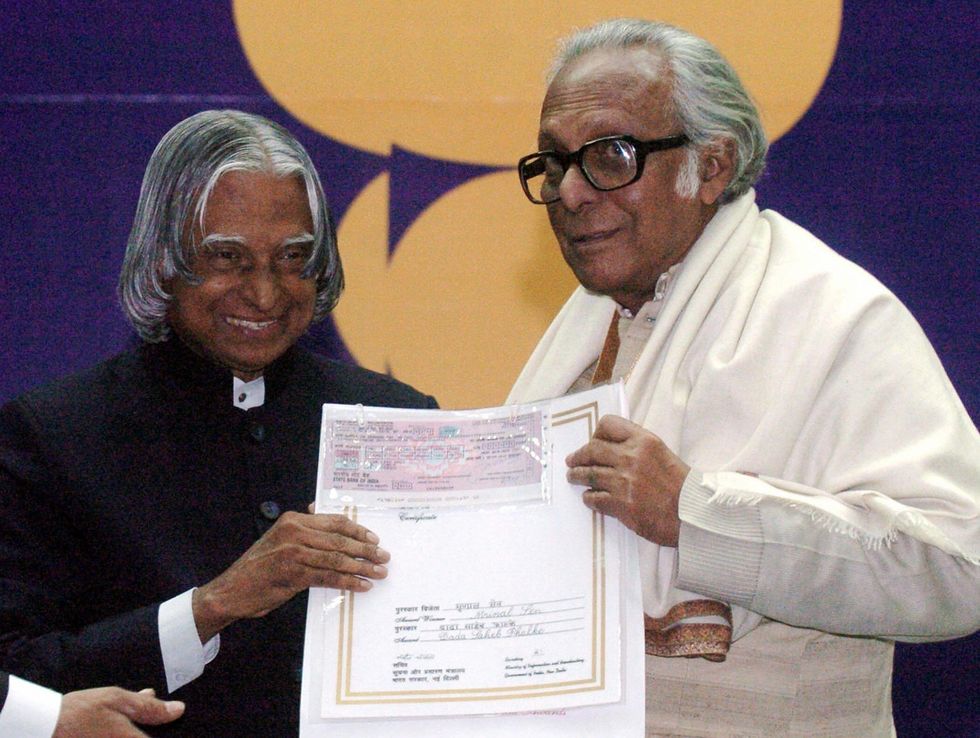
Oka Oori Katha (1977): The versatile director won prestigious awards for films in multiple languages, including this National Award-winning Telugu drama. The almost Shakespeare-like tragedy revolves around an impoverished father, who is against his son marrying despite the new bride trying to positively impact their seemingly meaningless lives. The acclaimed drama was selected at international festivals and won a Special Jury Award at the Karlovy Vary Film Festival.
Kharij (1982): The Bengali language drama was nominated for the highest prize at the Cannes Film Festival in 1983. The story revolves around a child servant who is found dead in a kitchen, which sees his employers being torn between feelings of guilt, a possible police case, being caught in a scandal and trying to please the deceased boy’s father. It would win multiple honours, including a National Award for Best Screenplay and the Golden Spike at the Valladolid International Film Festival in Spain.

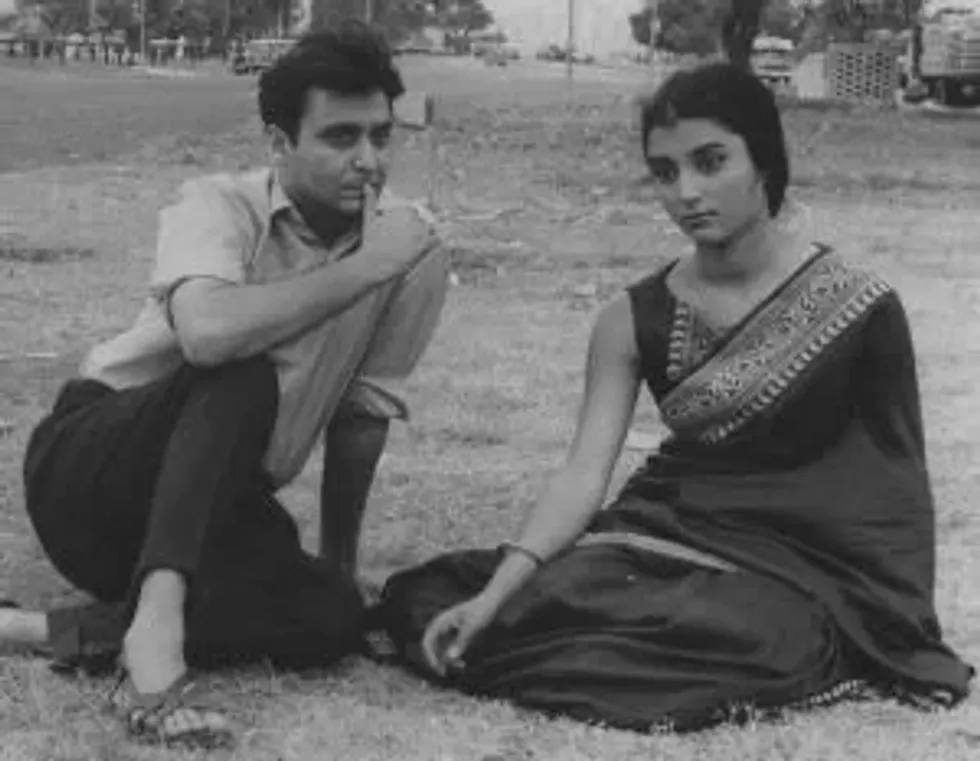
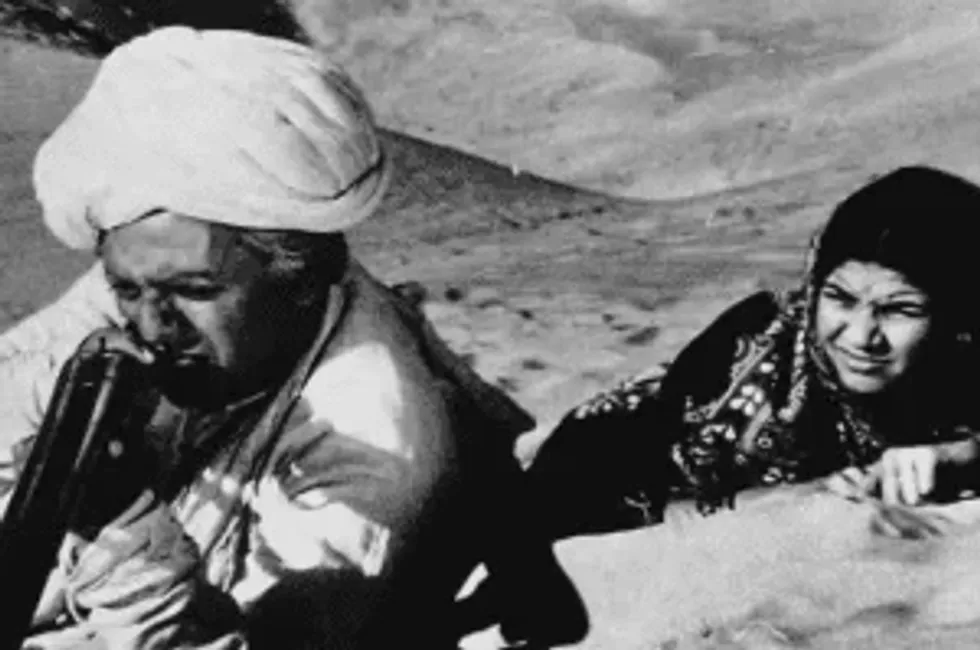
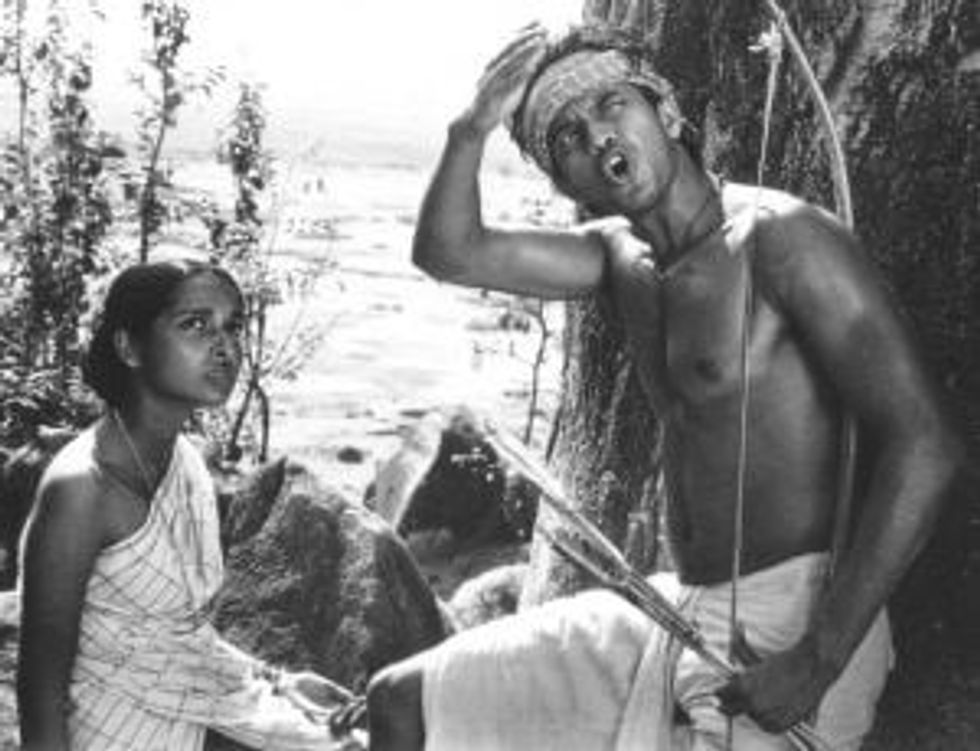
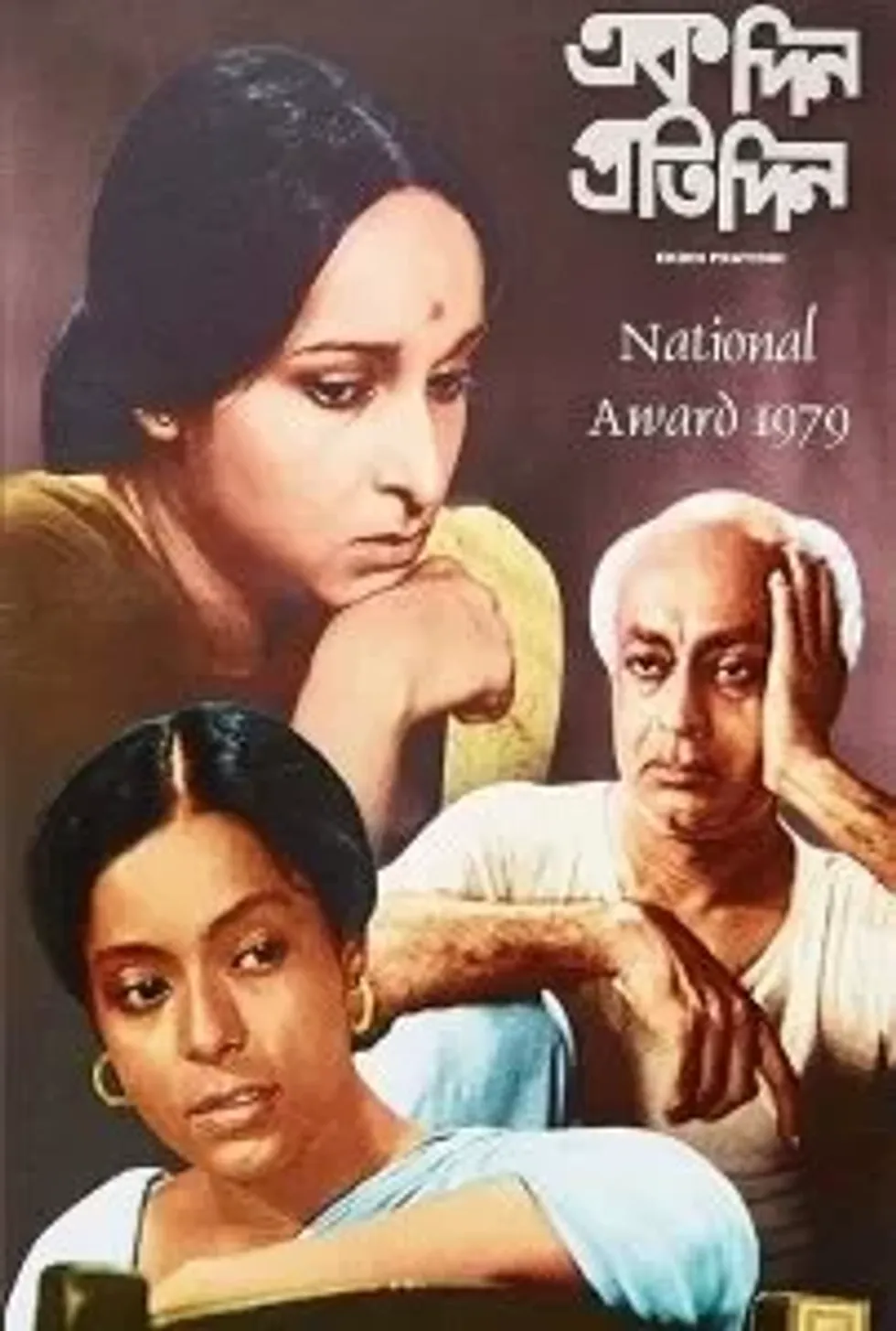

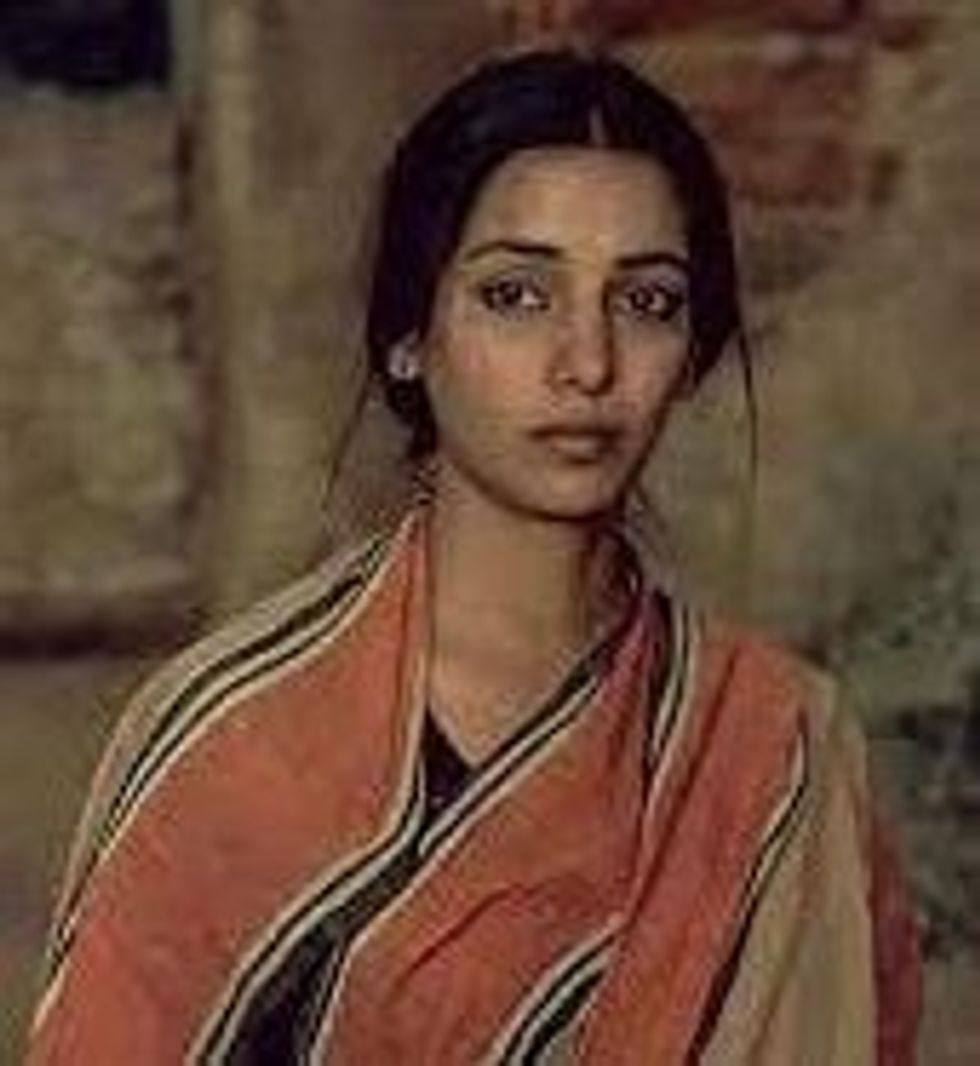





 Eschscholzia californica Red Chief
Eschscholzia californica Red Chief Aralia elata
Aralia elata Zelkova serrata
Zelkova serrata ‘Tackle HIV Stigma Garden’
‘Tackle HIV Stigma Garden’











 Pavita Cooper interviews Lilac Yosiphon at Old Vic Theatre
Pavita Cooper interviews Lilac Yosiphon at Old Vic Theatre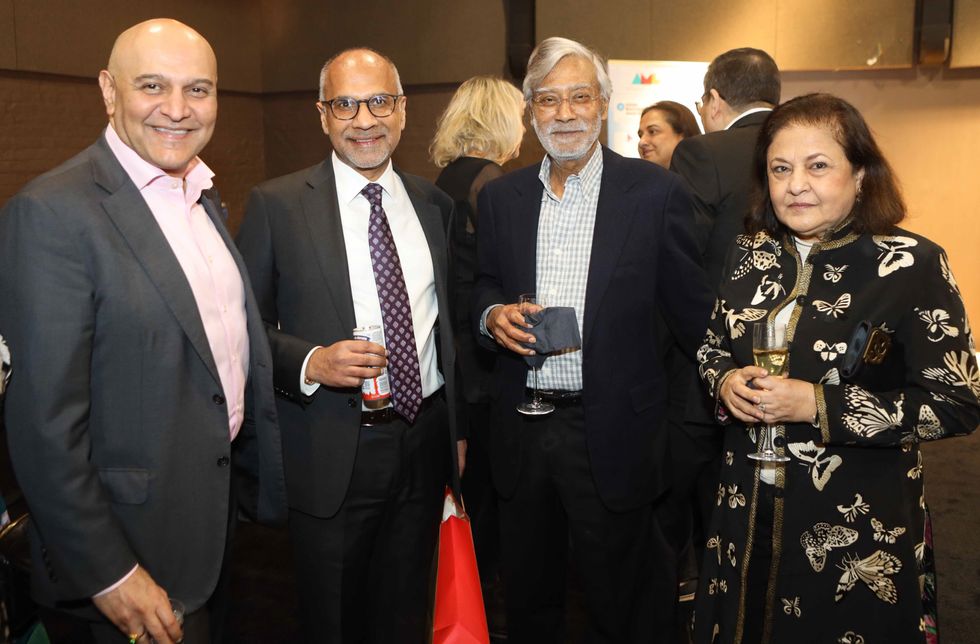 Dr Nik Kotecha, Shailesh Solanki, Rohit and Kalindi Chandaria
Dr Nik Kotecha, Shailesh Solanki, Rohit and Kalindi Chandaria Aditya Solanki, Kalpesh Solanki, Elizabeth Hitchcock, Milan Khosla, Tony Matharu, and Rishi Khosla
Aditya Solanki, Kalpesh Solanki, Elizabeth Hitchcock, Milan Khosla, Tony Matharu, and Rishi Khosla Scott and Diane Digangi Trench
Scott and Diane Digangi Trench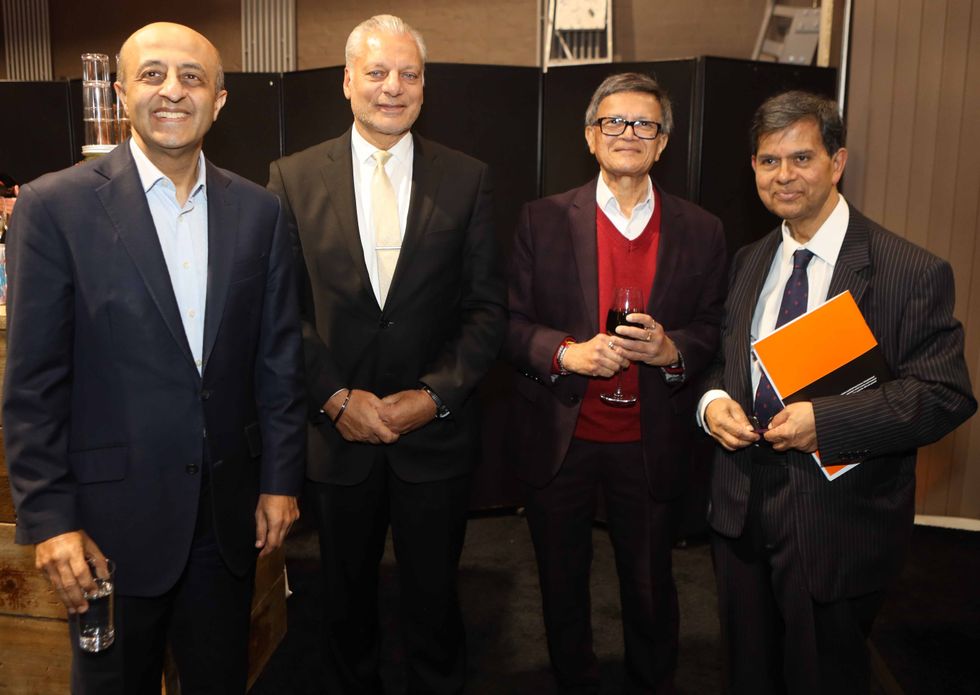 Lord Jitesh Gadhia, Tony Matharu, Bharat Shah and Amit Roy
Lord Jitesh Gadhia, Tony Matharu, Bharat Shah and Amit Roy Paul Harrison, Lady Gill Kalifa and Sir Ron Kalifa
Paul Harrison, Lady Gill Kalifa and Sir Ron Kalifa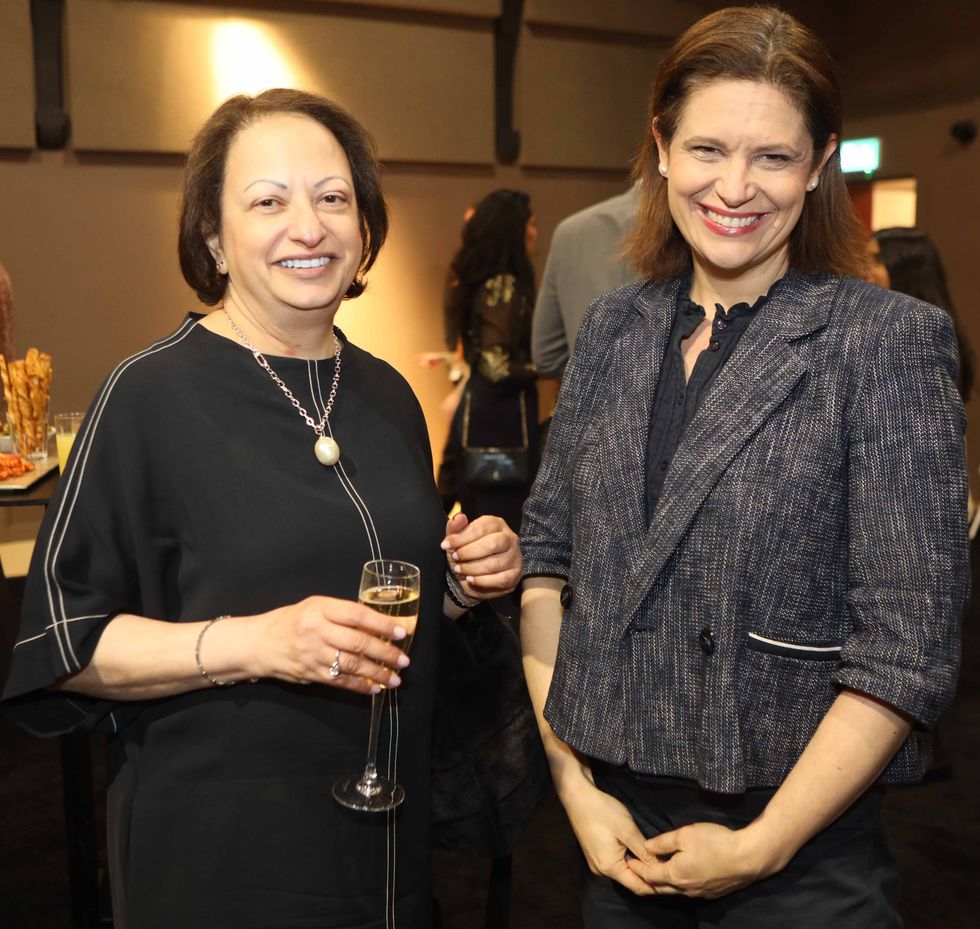 Zarin Patel with Laura Stevenson
Zarin Patel with Laura Stevenson Rupal Kantaria with Pavita Cooper
Rupal Kantaria with Pavita Cooper
 Whitby has always been a town of stories
iStock
Whitby has always been a town of stories
iStock

 Jacinda Ardern at her desk on her final day as New Zealand’s Prime Minister, January 25, 2023.Getty Images
Jacinda Ardern at her desk on her final day as New Zealand’s Prime Minister, January 25, 2023.Getty Images  Women still navigate ever-changing beauty standards, just as The Beauty Myth predictedGetty Images
Women still navigate ever-changing beauty standards, just as The Beauty Myth predictedGetty Images  Women in power face scrutiny over their looks—men, not so muchGetty Images
Women in power face scrutiny over their looks—men, not so muchGetty Images  Women juggle careers and housework, yet unpaid labour remains overwhelmingly theirsiStock
Women juggle careers and housework, yet unpaid labour remains overwhelmingly theirsiStock The rise of tradwife culture: Romanticizing the past or reinforcing outdated gender roles?iStock
The rise of tradwife culture: Romanticizing the past or reinforcing outdated gender roles?iStock Embracing imperfection is its own kind of strengthiStock
Embracing imperfection is its own kind of strengthiStock
 A sneak peek into the Miraj app – where Quranic stories, animations, and audiobooks bring faith to life for kids
A sneak peek into the Miraj app – where Quranic stories, animations, and audiobooks bring faith to life for kids Step inside Ayatique’s world of AI-powered Quranic learning—interactive stories and gamified lessons that make spirituality exciting
Step inside Ayatique’s world of AI-powered Quranic learning—interactive stories and gamified lessons that make spirituality exciting Explore Noor Kids Digital Ramadan Camp! A vibrant online platform filled with faith-based storytelling, challenges, and nasheeds
Explore Noor Kids Digital Ramadan Camp! A vibrant online platform filled with faith-based storytelling, challenges, and nasheeds Unbox the All-in-One Quran Activity Kit—an engaging set of hands-on learning tools designed to spark curiosity and faith in kids
Unbox the All-in-One Quran Activity Kit—an engaging set of hands-on learning tools designed to spark curiosity and faith in kids Discover the Fun Dough Ramadan Countdown Calendar! A creative way to celebrate each day of Ramadan with exciting hands-on activities
Discover the Fun Dough Ramadan Countdown Calendar! A creative way to celebrate each day of Ramadan with exciting hands-on activities